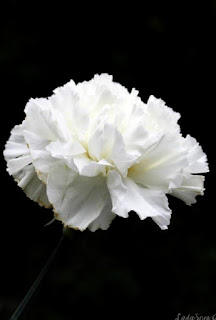Theodore Dalrymple laments the retiring of his butcher. I have felt the same about the retirements of those to whom I have become accustomed and come to trust, especially physicians. Dalrymple:
...[N]ostalgia generally has had a bad reputation, especially among intellectuals, who regard it both as a refusal to face reality head on and as a dishonest romanticisation of the past; but this seems to me quite wrong. A man who can reach a certain age—I cannot be precise as to what age—without experiencing nostalgia must have had a pretty wretched existence. He cannot recall the irrecoverable past with that mixture of pleasure and sorrow that is nostalgia; he can regret the passing of nothing good.Theodore Dalrymple, "The Duke and the Butcher," New English Review, June, 2023.
Such a man is so fixated on the present, or on the future, or on progress, that he has not noticed that deterioration really does take place in the world, or he ascribes to it no importance or significance whatever. In other words, he is still very young or callow—or both—and believes that all change must be for the better. He therefore seeks change for its own sake, irrespective of its actual effects.
Even small changes now disturb me. In my youth, I thought that routine was the worst of fates, the desire of persons without imagination; but now I find routine, at least in some things, reassuring. Perhaps it is the approach of death: routine gives the illusion of changelessness and permanence. By definition, illusion is false of course, above all the illusion of changelessness: but who can live entirely without it? .... (more)
















